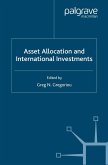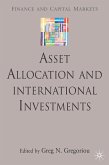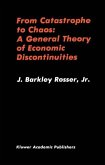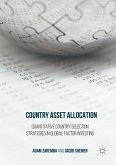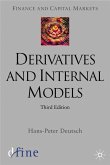This book is an advanced text on the theory of forward and futures markets which aims at providing readers with a comprehensive knowledge of how prices are established and evolve in time, what optimal strategies one can expect the participants to follow, whether they pertain to arbitrage, speculation or hedging, what characterizes such markets and what major theoretical and practical differences distinguish futures from forward contracts. It should be of interest to students (MBAs majoring in finance with quantitative skills and PhDs in finance and financial economics), academics (both theoreticians and empiricists), practitioners, and regulators. Standard textbooks dealing with forward and futures markets generally focus on the description of the contracts, institutional details, and the effective (as opposed to theoretically optimal) use of these instruments by practitioners. The theoretical analysis is often reduced to the (undoubtedly important) cash-and-carry relationship and the computation of the simple, static, minimum variance hedge ratio. This book proposes an alternative approach of these markets from the perspective of dynamic asset allocation and asset pricing theory within an inter-temporal framework that is in line with what has been done many years ago for options markets.


